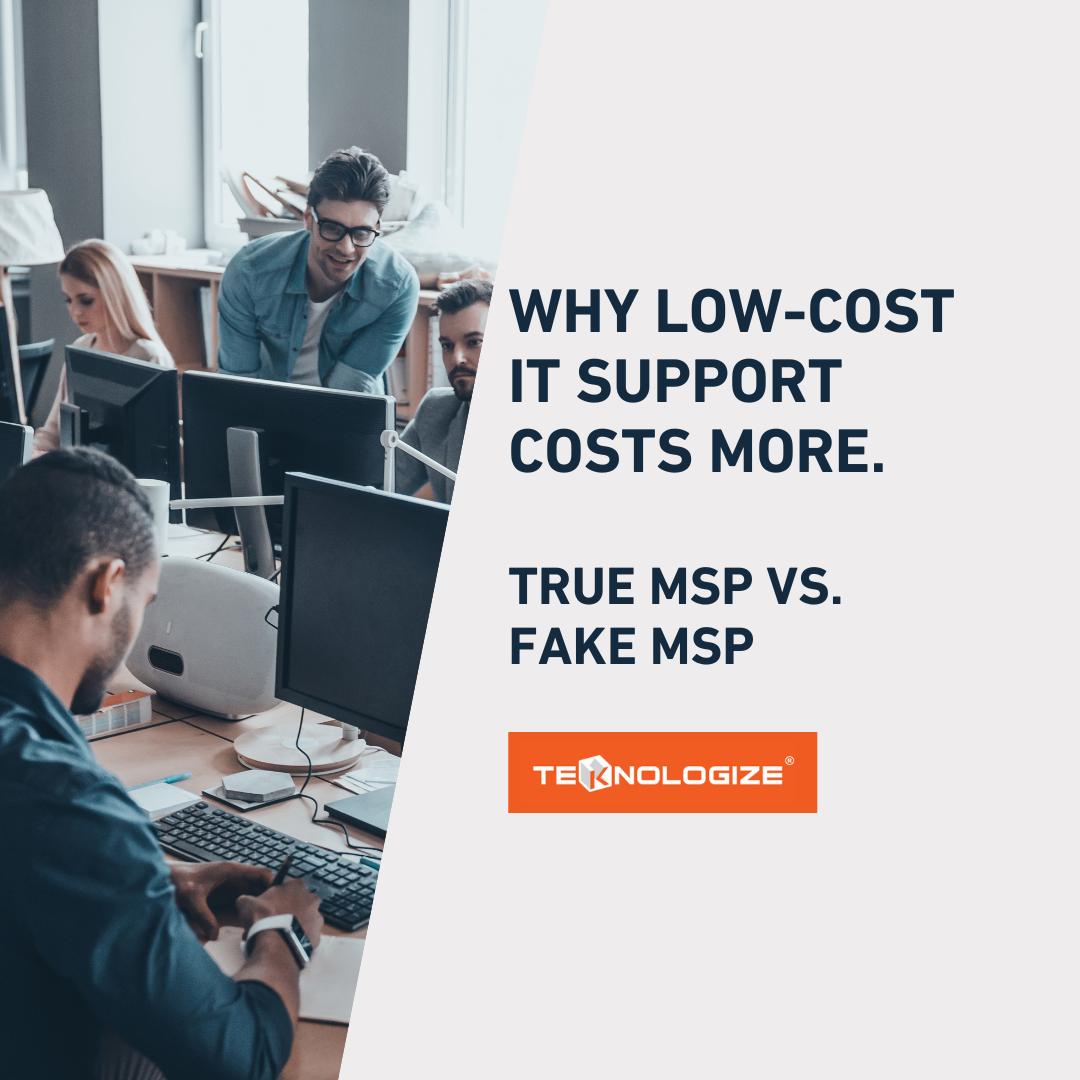Endpoint Detection and Response (EDR): Enabling Secure Growth for Small Businesses
Cybercriminals don’t go after businesses because they’re big.They go after businesses because they’re accessible. According to the IBM Cost of a...
.png)
In today’s digital world, security isn’t just about strong passwords and firewalls - it starts with simple habits like locking your computer screen when stepping away. Failing to do so, even briefly, can expose your data to risks like unauthorized access, data theft, and even malicious activities that could compromise your personal and professional data, as well as the security of the network you're connected to.
Here’s why locking your screen is a non-negotiable security practice:
A locked screen requires a password, PIN, or biometric authentication to unlock, creating a barrier against anyone who might try to access your computer without your permission.
If you work with confidential information - such as patient records, legal documents, or financial reports -leaving your screen unlocked puts that data at risk. Locking your computer helps uphold privacy and regulatory compliance in sensitive industries.
In corporate or shared environments, an unlocked computer can serve as an entry point for bad actors to access and compromise an entire network. By locking your screen, you help maintain the security of not just your device but also the systems and users connected to the same network.
.png?width=450&height=338&name=Lock%20Computer%20(1200%20x%20900%20px).png)
Your computer holds valuable data, from personal files to confidential work documents and financial records. Locking your screen keeps prying eyes away, preventing unauthorized access that could lead to data breaches or misuse.
An unattended, unlocked computer can be used to install malware, access sensitive network resources, send fraudulent emails, or even launch cyberattacks.
If someone gains access to your unlocked computer, they could steal sensitive files, intellectual property, or even financial data.
Your email, social media, and other online accounts remain accessible when your computer is unlocked. This means an unauthorized person could misuse your accounts, send fraudulent messages, or even change your credentials. Locking your screen eliminates this risk.
Locking your screen is one of the easiest and most effective ways to protect your data, privacy, and overall security. Make it a habit - whether you’re stepping away for a quick break or leaving your workstation for an extended period.
Pro Tip: If you’re using a Windows computer, simply press Windows Key + L to lock your screen instantly. On a Mac, press Control + Command + Q.
Small habits lead to stronger security. Start locking your screen today!
![]() Teknologize is a SOC 2 Type II accredited Managed IT and Cybersecurity provider serving small to mid-sized businesses across Washington and Oregon. We deliver full-service Managed IT Support, Co-Managed IT Support, advanced Cybersecurity Solutions, and IT Compliance Services for regulated industries, including Healthcare, Financial Institutions, the Utilities Sector, Manufacturing, and Professional Services.
Teknologize is a SOC 2 Type II accredited Managed IT and Cybersecurity provider serving small to mid-sized businesses across Washington and Oregon. We deliver full-service Managed IT Support, Co-Managed IT Support, advanced Cybersecurity Solutions, and IT Compliance Services for regulated industries, including Healthcare, Financial Institutions, the Utilities Sector, Manufacturing, and Professional Services.
👉 Book a Discovery Call to see how Teknologize can support your business.
Our Offices
Tri-Cities, Washington – 509.396.6640 | Yakima, Washington – 509.396.6640
Bend, Oregon – 541.848.6072 | Seattle, Washington – 206.743.0981
Questions about your IT or Cybersecurity? Give us a call today!
%20Enabling%20Secure%20Growth%20for%20Small%20Businesses.png)
Cybercriminals don’t go after businesses because they’re big.They go after businesses because they’re accessible. According to the IBM Cost of a...

IT Support Companies Can All Sound the Same, Until You Know What to Look For Business owners all want the same thing from their IT: reliability,...

Many SMBs don’t actually have an IT budget; they have a list of last year’s expenses. Everything goes into one bucket, and next year’s “budget” is...